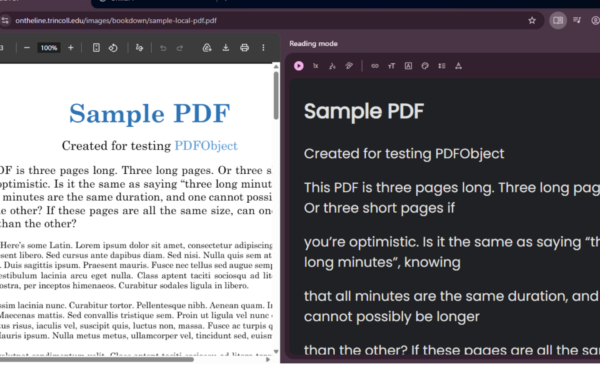 \n
\n
Like other companies, Microsoft wants to do its best to combat terrorism online. Terrorist groups like Daesh, Al-Qaeda, Boko Haram use social media as a way to recruit followers online. Microsoft is looking to combat those recruiting processes by changing policies and practices of their own software and services.
\n
Microsoft knows that videos and other kinds of material on the Internet glorifying terrorism and violence against certain groups of people is prevalent. Microsoft wants to clarify its position against terrorism and ways that Microsoft is going about trying to thwart terrorist activities online.
\n
“Although Microsoft does not run any of the leading social networks or video-sharing sites, from time to time, terrorist content may be posted to or shared on our Microsoft-hosted consumer services. In light of this, we want to be transparent about our approach to combating terrorist content.”
\n
Here’s a look at what Microsoft is doing specifically with changes to its software and services policies online:
\n
Removing terrorist content: We are amending our terms of use – which already prohibit hate speech and advocacy of violence against others – to specifically prohibit the posting of terrorist content on our hosted consumer services.
\n
\n
\n
- Defining terrorist content: There is no universally accepted definition of terrorist content. For purposes of our services, we will consider terrorist content to be material posted by or in support of organizations included on the Consolidated United Nations Security Council Sanctions List that depicts graphic violence, encourages violent action, endorses a terrorist organization or its acts, or encourages people to join such groups. The U.N. Sanctions List includes a list of groups that the U.N. Security Council considers to be terrorist organizations.
\n
- Observing notice-and-takedown: We will continue our “notice-and-takedown” process for removal of prohibited, including terrorist, content. When terrorist content on our hosted consumer services is brought to our attention via our online reporting tool, we will remove it. All reporting of terrorist content – from governments, concerned citizens or other groups – on any Microsoft service should be reported to us via this form.
\n
- Promoting free expression on Bing: Our Bing search engine strives to be an unbiased information and action tool, presenting links to all relevant information available on the Internet. (Like other search engines, Bing generally does not host content itself.) We will remove links to terrorist-related content from Bing only when that takedown is required of search providers under local law. (We are already operating this way in France, for example, where we are routinely provided by the police authority with links to terrorist-related content that is unlawful there.)
\n
\n
\n
While Microsoft has taken great steps towards combatting terrorism on the Internet, more measures need to be put in place. For more information on how Microsoft’s partnerships have helped in the fight against terrorism, check out their blog post here.



